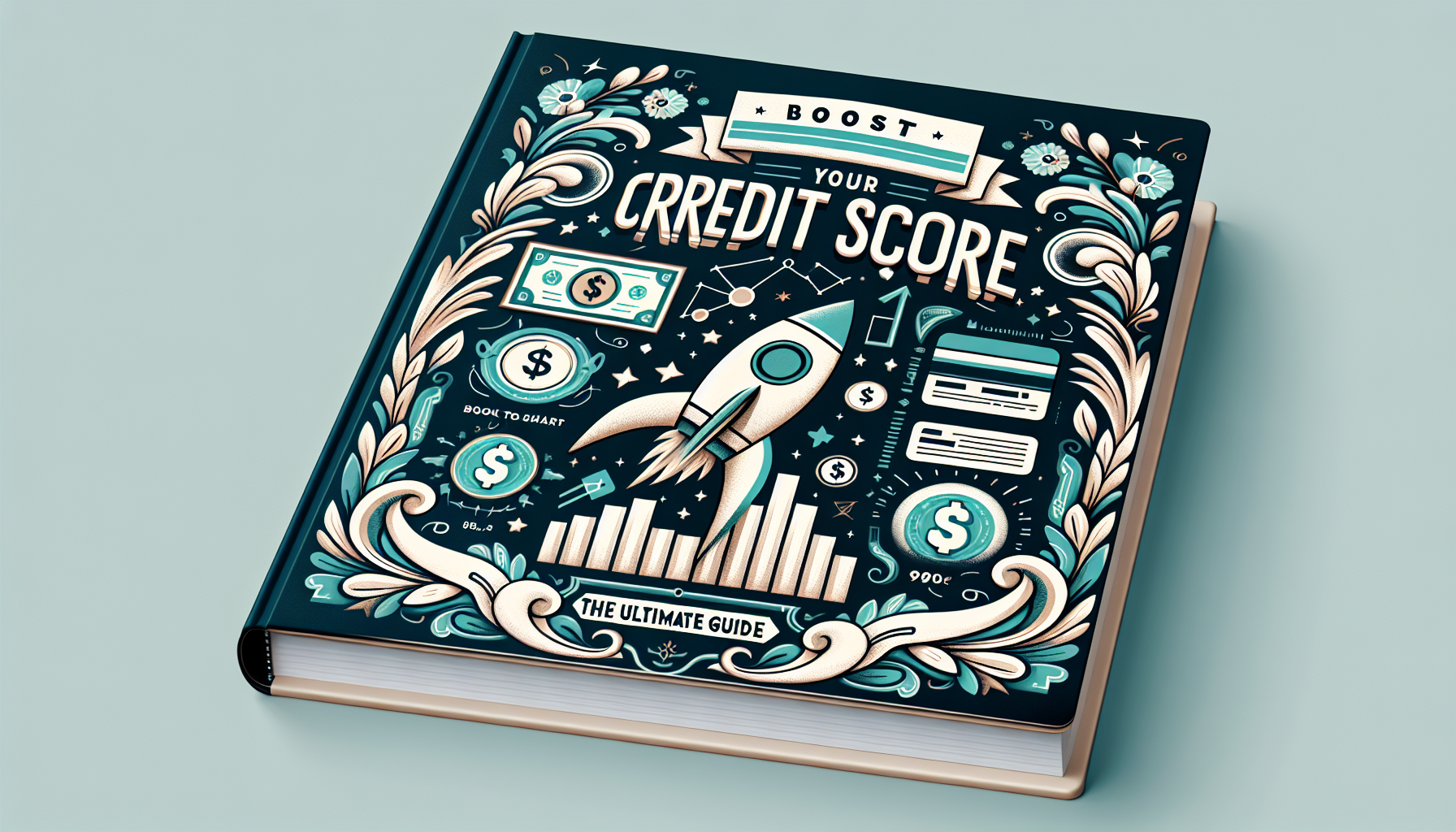Having a good credit score is essential for obtaining loans, credit cards, and even renting an apartment. Your credit score is a numerical representation of your creditworthiness, ranging from 300 to 850. Understanding how your credit score is calculated and taking steps to improve it can have a significant impact on your financial future. In this guide, we will explore ways to boost your credit score and take control of your financial health.
Understanding Your Credit Score
What is a Credit Score?
Your credit score is a three-digit number that reflects your creditworthiness. It is calculated based on several factors, including your payment history, credit utilization, length of credit history, types of credit accounts, and new credit inquiries. Lenders use your credit score to determine how likely you are to repay a loan or credit card debt. The higher your credit score, the more likely you are to be approved for credit and receive lower interest rates.
How is Your Credit Score Calculated?
Your credit score is calculated using a mathematical algorithm that takes into account the information in your credit report. Payment history makes up the largest portion of your credit score, accounting for about 35%. Credit utilization, which is the amount of credit you are using compared to your total credit limit, makes up about 30%. The length of your credit history makes up about 15% of your score, while the types of credit accounts you have and new credit inquiries each make up about 10%.
Why Does Your Credit Score Matter?
Your credit score can have a significant impact on your financial life. A high credit score can make it easier to qualify for loans and credit cards with better terms and lower interest rates. On the other hand, a low credit score can make it difficult to obtain credit and may result in higher interest rates or even denial of credit. Your credit score can also affect your ability to rent an apartment, get a job, or qualify for insurance. Understanding the importance of your credit score is the first step to improving it.
Practical Tips for Improving Your Credit Score
Pay Your Bills on Time
One of the most important factors in determining your credit score is your payment history. Making on-time payments consistently can have a positive impact on your credit score. Set up automatic payments or reminders to ensure you never miss a payment. If you have missed payments in the past, get current and stay current to improve your credit score over time.
Reduce Your Credit Card Balances
Credit utilization, or the amount of credit you are using compared to your total credit limit, is another significant factor in calculating your credit score. Aim to keep your credit card balances below 30% of your credit limit. Paying down your balances can improve your credit score and show lenders that you are responsible with credit.
Monitor Your Credit Report
Regularly checking your credit report can help you identify errors or fraudulent activity that may be negatively impacting your credit score. You are entitled to a free credit report from each of the three major credit bureaus – Equifax, Experian, and TransUnion – every 12 months. Review your credit report for any inaccuracies and dispute any errors to have them corrected. Keeping an eye on your credit report can help you maintain a healthy credit score.
In conclusion, understanding your credit score and taking steps to improve it is essential for a healthy financial future. By paying your bills on time, reducing your credit card balances, and monitoring your credit report, you can boost your credit score and increase your chances of qualifying for credit with favorable terms. Remember that improving your credit score takes time and patience, but the benefits of a good credit score are well worth the effort. Take control of your financial health today by following the practical tips outlined in this ultimate guide to boosting your credit score.
